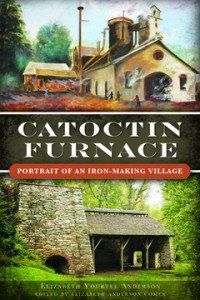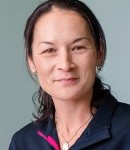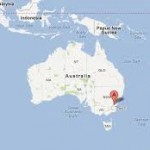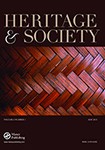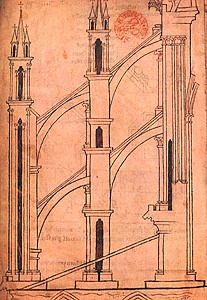FROM TECH TODAY:
Professor Barry Solomon (SS) published a paper “Biofuel sustainability in Latin America and the Caribbean–a Review of Recent Experiences and Future Prospects,” in the journal Biofuels, online January 2015. It was coauthored with Robert Bailis (Yale University), Christine Moser (Leuphana Universitat, Germany) and Tina Hildebrandt (Edeka, Hamburg, Germany).
ABSTRACT:
The Latin American and Caribbean (LAC) region is a leader in global biofuel production, accounting for 27% of supply. This is driven by a proliferation of mandates and targets calling for increased use of biofuels around the world. Unsustainable biofuel production can alter landscapes and stress social-ecological systems. To mitigate impacts, different types of governance mechanisms have been introduced including national regulations, voluntary certification schemes, sustainability standards, meta-standards, and codes of conduct. Voluntary certification has gained prominence in the region, with over 220 producers and processors in 12 LAC countries obtaining certification. However, given the potential social and environmental impacts evident in the region, voluntary certification may be insufficient and stronger sustainability mechanisms may be justified.
